Recognizing and dealing with money laundering and terrorist financing
You'd rather not think about it, but platforms and marketplaces can also be misused for money laundering or terrorist financing. In the Netherlands, the 'Money Laundering and Terrorism Prevention Act' applies, with which more and more parties have to comply. Despite this legal obligation, it is good for the reliability and reputation of a platform to prevent these practices wherever possible. Your payment service provider plays an important role in this. How do they act on this and what can you keep in mind yourself?
First of all, it is worth mentioning that both the prevention of money laundering and the fight against terrorism are mainly about limiting the risks. It is virtually impossible to completely rule out the possibility that it will not happen. To give an example: a car can be used for a terrorist attack. If that car has been rented via your (sub)platform, you are involved in terrorist financing without being able to do much about it. The reputational damage this can cause is considerable, especially if it turns out that too little has been done to identify unusual transactions.
Reporting to the FIU
A payment service provider, just like other financial institutions, insurers, notaries and also car dealers, has a duty to report suspicions of money laundering or terrorist financing to the Financial Intelligence Unit (FIU). This body then assesses whether the 'unusual' transaction is also 'suspicious'. In the latter case, the FIU may decide to take action in cooperation with the police and judicial authorities.
The FIU receives many thousands of requests. Therefore, it can sometimes take up to a year before the financial institution declaring the transaction is notified as 'unusual' that a transaction has been marked as 'suspicious'. In our opinion, this is far too long and this is a major challenge for the government. For more information, also read my blog (written in Dutch): 'Tackling money laundering and terrorist financing more effectively for a fraction of the money'.
Detect unusual transactions
At Online Payment Platform we use various techniques to detect unusual transactions on our clients' platforms. Some of these are also processed automatically, such as the legal obligation to report credit card transactions in excess of 15,000 euros to the FIU. Another part is checked manually. This involves looking at all kinds of indicators, including patterns of transactions, different volumes or keywords used. Reports (and suspicions) of fraud and scams are also included in this check.
In addition, by working together with Sentinels, we make use of artificial intelligence to detect connections and to be able to intervene faster. Data might reveal that most of the unusual transactions are carried out in sequence on Sunday afternoons. As soon as this trend is known, it is easier to prevent sketchy behaviour on a marketplace or platform.
Reporting an unusual transaction to the FIU is subject to a confidentiality declaration, as stated in Article 23 of the Money Laundering and Terrorism Prevention Act. Therefore, you may not inform the selling or receiving party on a marketplace or platform of the report. Based on our risk profile and the general terms and conditions not to facilitate a person or organisation (any longer), Online Payment Platform may restrict users. It is therefore possible that a user on your platform will not be able to use our services. We are not allowed to communicate the details, but we can indicate that the user does not fit our risk profile. Terms and conditions and risk profile
Requirements risk profile
But how do we determine such a risk profile? That is a complicated process. Take, for example, a private seller who has sold goods on a marketplace for 20,000 euros in a year. Such a large sum of money tends to be used for business purposes and then tax may have to be paid on this income. Of course, Online Payment Platform cannot check whether a seller has filled out his tax declaration properly, but if this is not the case, we indirectly cooperate with tax evasion by the seller.
Setting a hard limit in the terms and conditions of use, such as 'maximum amount traded is 19,500 euros per year does not solve the problem either. This is because a seller of a classic car, expensive designer furniture or trendy camper may only need one transaction to get this amount legitimately. At the same time, only a few transactions does not reflect that there is no trace of money laundering.
At Online Payment Platform we start from a few indicators and a risk profile is drawn up on the basis of these indicators. We combine the expectations of the type of platform or marketplace on which the transactions take place with the expectations of a user. With a crowdfund platform, we may not be able to examine every initiative, but only those that receive very large or very high amounts, for example. Of course, as a platform, you can also make a difference here.
Taking your own responsibility
A platform must also think about measurements and solutions on how to prevent undesirable and unusual behaviour. For example, organise a brainstorm on how to overcome abuse, determine what you allow on your platform, what you do not allow and how to control it. After all, we want to do everything we can together to prevent us from becoming involved in money laundering or terrorist financing. If you have arranged extra security checks as a platform, an additional advantage is that it effects the risk assessment of the payment service provider positively.

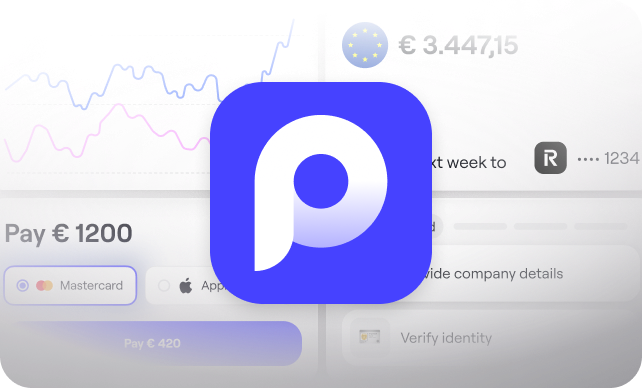
.svg)
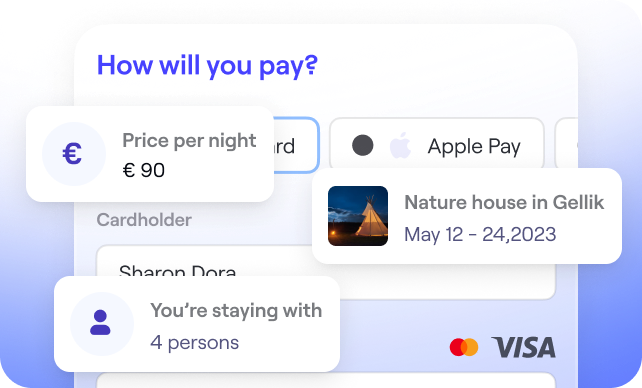
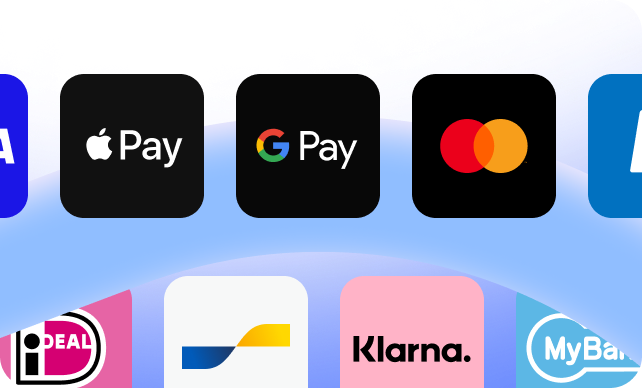

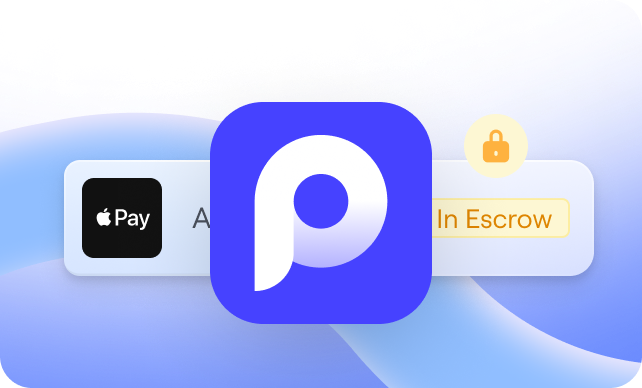

.svg)
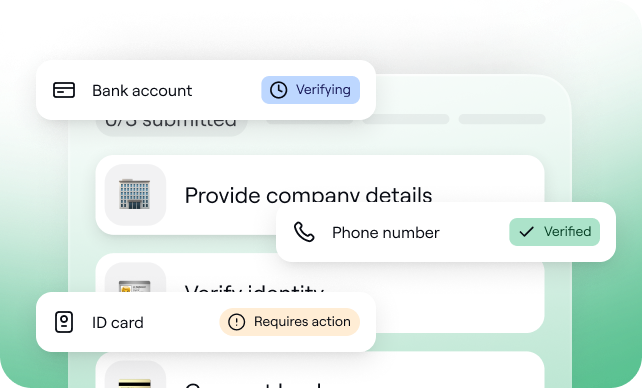
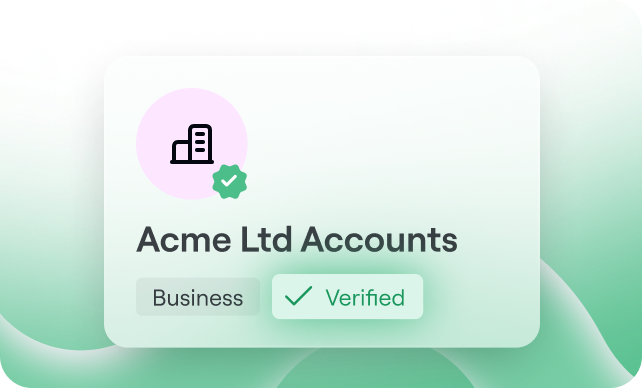

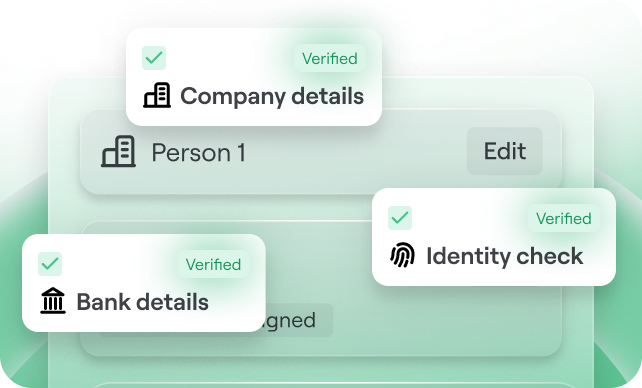
.svg)
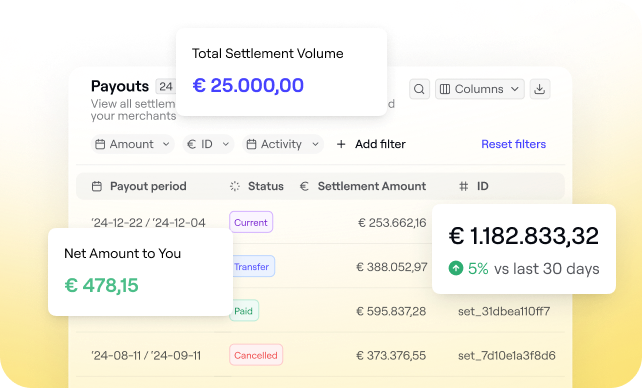
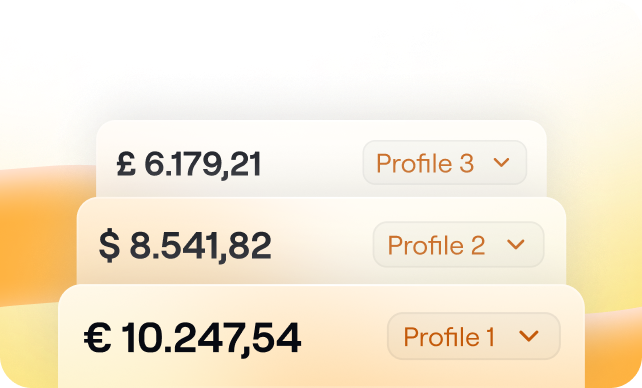
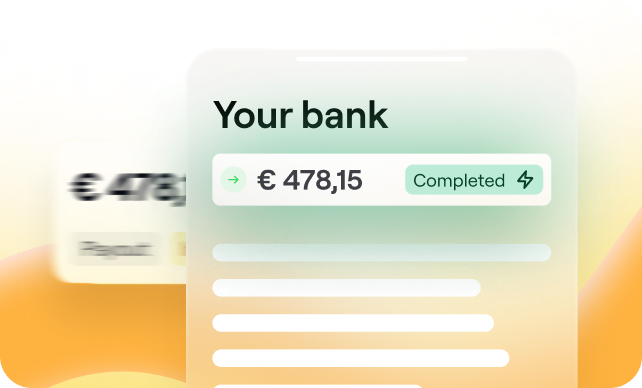
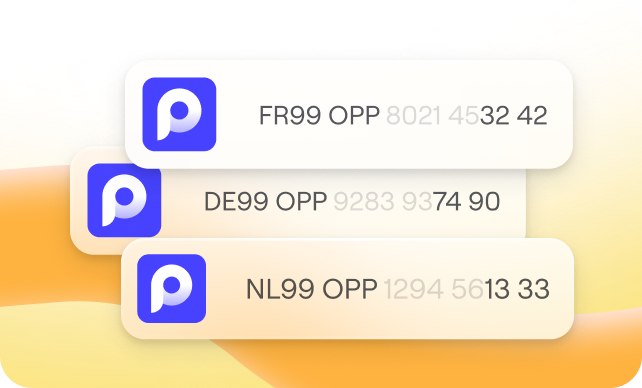
.svg)
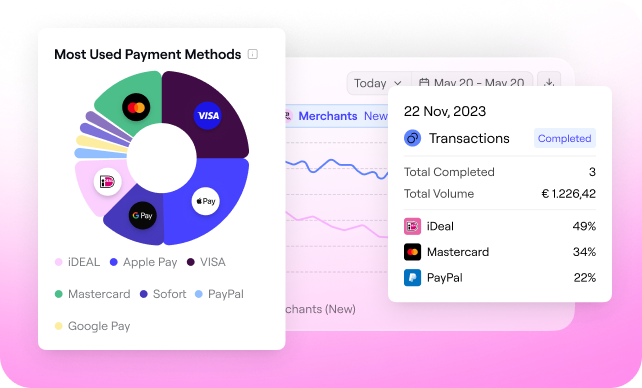
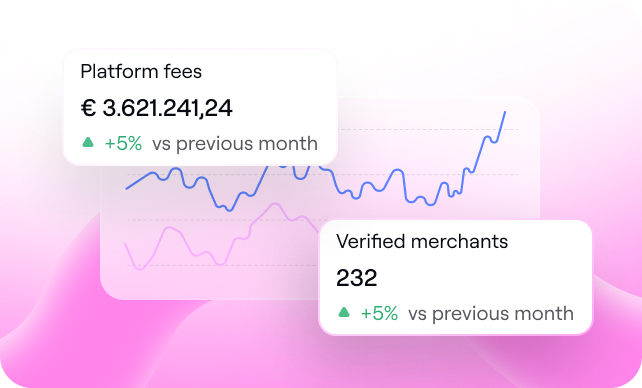
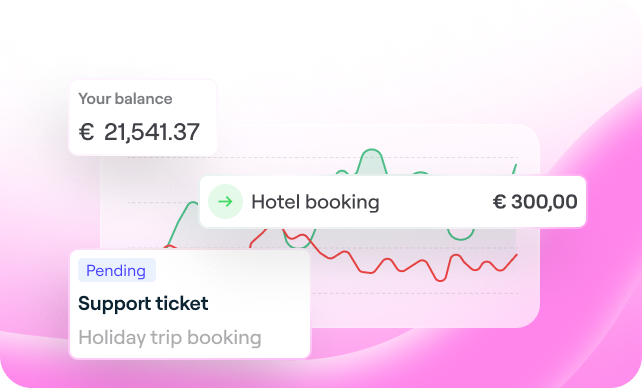
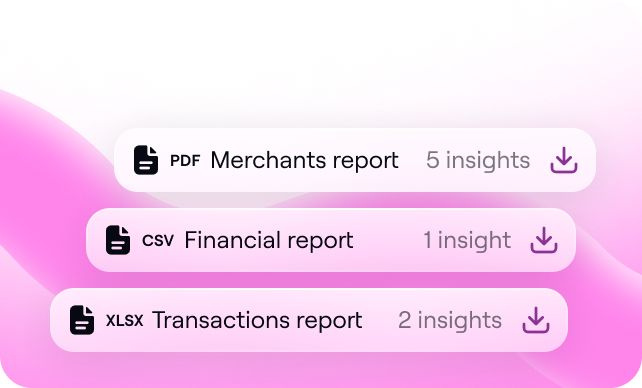
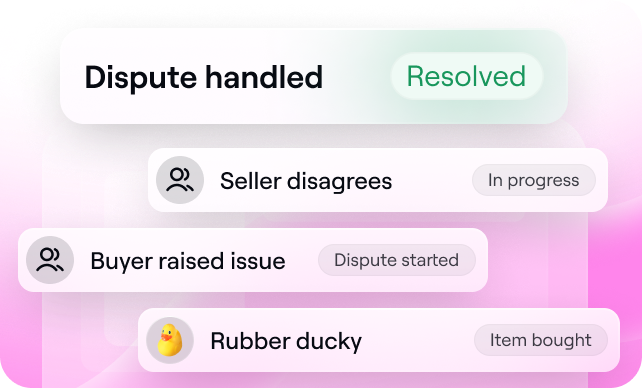






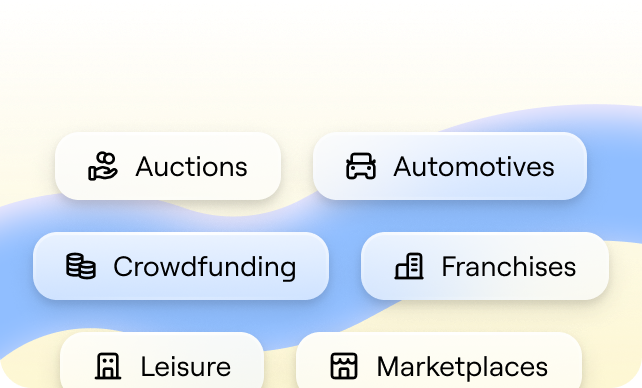







%20(1).png?width=1300&name=Copy%20of%20Copy%20of%20Blog%20post%20(1620%20x%201080%20px)%20(1).png)



.png)
.png?width=75&height=51&name=Worldline%20(2).png)